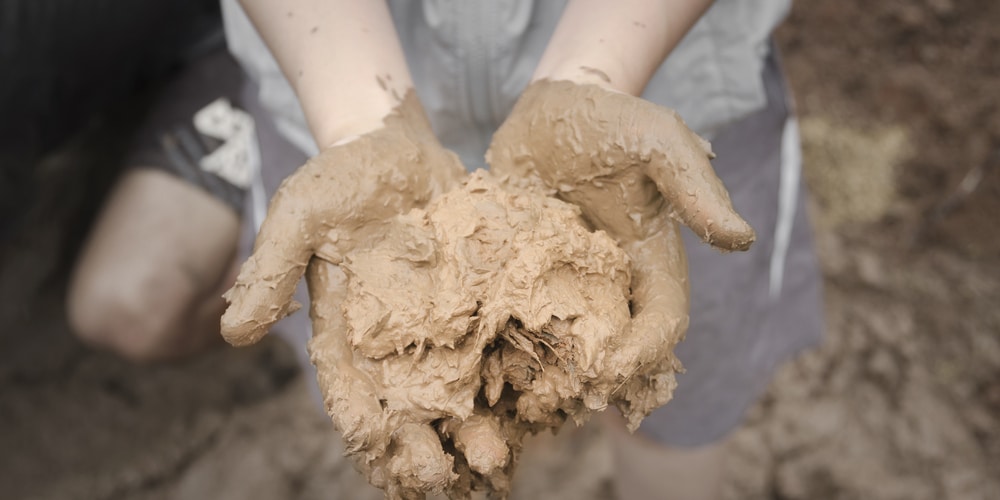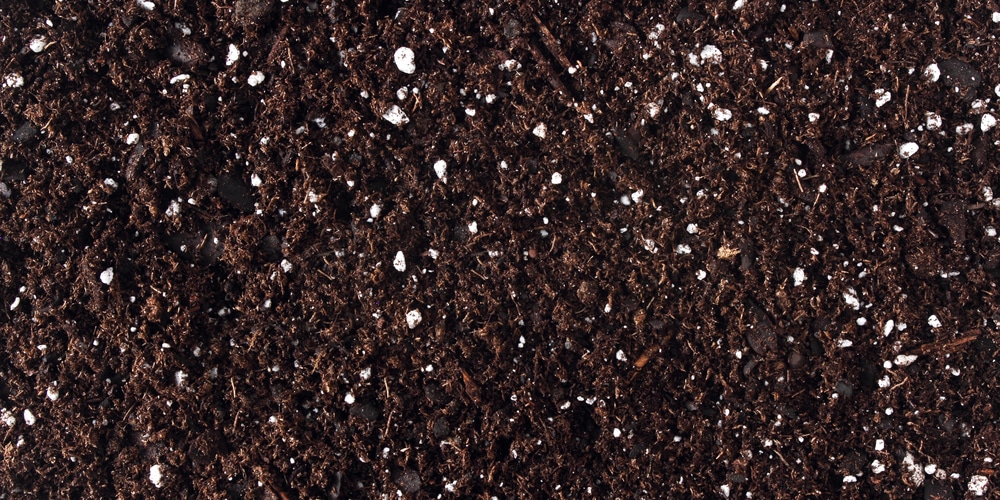Grapes are a very popular fruit, known for their excellent flavor and juiciness. While they are nutritious, grapes also contain acids that make them sour. Before they are eaten, grapes need to reach a certain level of sourness. In order for that to happen, the fruit’s pH has to be at a certain level. The reason for this is that the acids in grapes require a lower pH to become sour.
This article will discuss soil ph for grapes, ways to raise and lower grape soil PH, and the best type of soil for growing grapes.
PH Range For Grapes
If you are interested in grapes farming, you need to know the grape’s ph requirements. Grapes need to have soil with a 5.5 – 8.5 range to grow healthy and abundant. The lower the pH, the more sour the grapes. The higher the pH is from 5.5 to 8.5, the less likely your grape plants will be to produce fruit.
A pH below 5.5 is very acidic, and a pH above 8.5 is very alkaline. There are two tests to determine the pH of soil. One is measuring it with test papers, and another is using a pH meter. The test papers are the quickest and most inexpensive method, but they can be inaccurate. A pH meter is more precise and expensive, but it takes time to calibrate it.
Best Ways To Raise And Lower Grape Soil pH
What does one do after realizing that the grape soil ph is too low or high? Here are some of the most effective ways to get your grape’s pH where it needs to be.
1. Adding lime to the soil
This method is known as liming. The pH of the soil can be raised by adding calcium carbonate, also known as ground limestone. Limestone is the most popular way of raising soil pH, and it is effective in small areas such as backyards or terraces. However, limestone is not good for growing grapes in large areas. This is because it can take years to affect the soil pH, and it also changes the soil structure and creates a barrier between the grape roots and nutrients present in the soil.
2. Adding calcium sulfate to the soil
Calcium sulfate is known as gypsum, and it can be used to lower the pH of your grapes. It will also help loosen compact soil. However, gypsum can decrease the amount of calcium available to a grapevine which leads to blossom-end rot. It is best used as a soil amendment to create looser, more fertile soil.
3. Using organic matter to change the pH of the soil
Organic matter contains carbon and nitrogen, and it can be used to acidify or alkalize soil. This method is often referred to as “soil acidification.” It is best used when planting or transplanting grapevines.
4. Growing grass around the grapevine
Grass will lower the pH of grape soil. It is a good idea to plant low-growing grass around grapevines since it will be easier for you to mow. It will also help you keep the grass from growing too high and shading your grape plants.
5. Using a soil conditioner
There are several products on the market that can be used to change grape soil ph. A common one is potassium sulfate. It is also popular because it can be used to fertilize and lower the soil pH at the same time.
Best Type of Soil For Growing Grapes
Grapes require deep, well-drained soil in order to thrive. You need to have soil that is rich in organic matter, nutrients, and good drainage. In order for the grape plant to produce fruit, its roots need to be deep in the soil where they will be protected from the heat and cold of winter.

There are three types of soil that grapevines can grow in:
* clays
* loams
* silts
Clay has the smallest particles and is often referred to as heavy soil. It is sticky when wet, hard when dry, and does not drain well. Loam is a mixture of sand, silt, and clay. It is often referred to as loamy soil. Silts are very fine particles that accumulate in water areas such as deltas and floodplains. They are often referred to as “sticky mud.”
Soil PH For Grapes: Conclusion
Grapes are one of the most popular types of fruit grown in backyards. They need pH levels between 5.5 and 8.5 to grow properly, and they need soil that is rich in organic matter, nutrients, and good drainage as well as a place to take shelter from winter’s chill. In order to get the grape soil pH you want, there are several things you can do. You can add lime and/or gypsum to raise or lower your grape soil pH respectively or you can use potassium sulfate to do both at the same time.

